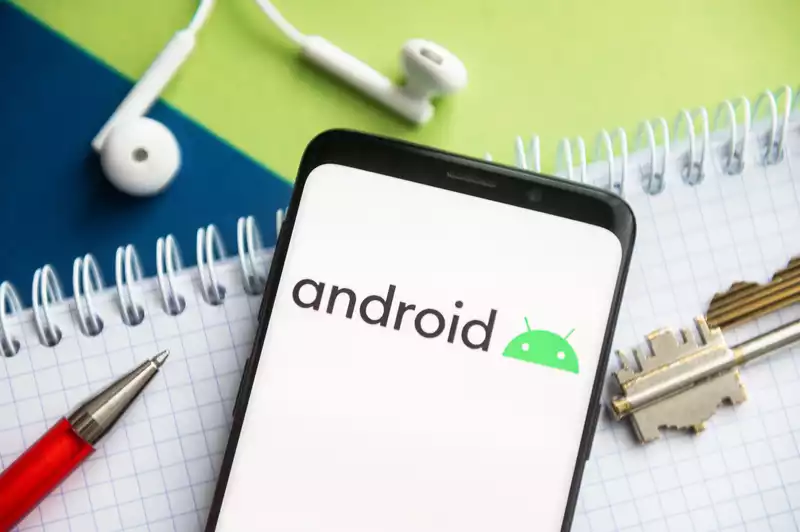Google Play, the official Android app store, has over 2.5 million apps downloaded. But as anyone browsing the store knows, the result is not a particularly pleasant experience, with all caps, emojis, and superlatives dotted here and there.
Google has finally had enough and has set out to make the Play Store a calmer place to browse. The company announced new guidelines on its Android Developers blog and plans to enforce the new policy "later this year."
The blog post cites a fictional travel planning app called "Crane" as an example of what will and will not be allowed. For what it's worth, this is what Google considers to be a clear, clean, acceptable list of apps:
So what are developers currently getting away with? One is apps that try to imply popularity or Google endorsement within the listing, either by title, company name, or app icon. Such as this one:
Another popular stunt that gets attention is when developers try to include promotional information in their listings. Adding pricing information, mentioning that there are no ads, or highlighting a sale are not allowed, as curiously demonstrated by this fake listing that is free and on sale at the same time, but you get the idea.
Then there are apps that use listings and icons to incentivize downloads or, worse, trick users into thinking they are updating an app they already have. Here, both the "Update Now" text and a small notification icon are displayed.
Finally, Google Play prohibits the use of emojis, special characters "unrelated to the app," and capitalized lists (with a special exemption for brand names with capital letters):
In addition to these rules, Google states that app titles are limited to 30 characters
In addition to these rules, Google has stated it will limit app titles to 30 characters. Presumably to prevent keyword stuffing and to make listings generally more readable.
Separately, Google also revealed in a blog post that it is updating its guidelines for preview assets. Graphics, videos, and descriptions will now have to "accurately describe" the app or game while providing users with enough information without using words like "free" or "best."
Unlike the title and icon rules, Google does not suggest that apps that do not comply will be blocked from the store, but states that "assets that do not meet the guidelines may be excluded from promotion and recommendations." This change will take effect in late 2021.










Comments